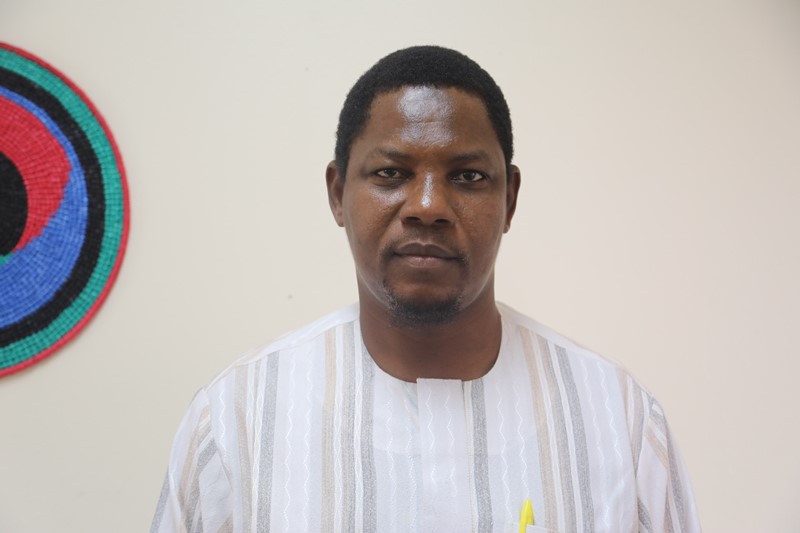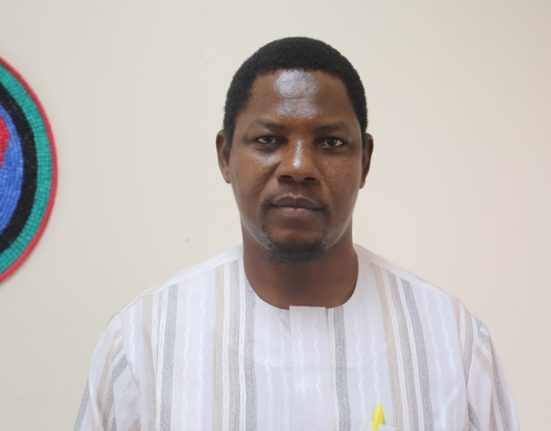In a compelling rejoinder to Dr. Lukman Raimi’s position that “Nigeria should maintain neutrality while engaging with Israel,” noted voices in Nigeria’s foreign-policy circles urge that balancing pragmatism with moral clarity is not only feasible, it is imperative, especially concerning the ongoing Palestinian crisis. Without taking away from the need for cautious diplomacy, they argue that an unwavering ethical commitment to justice and human rights must equally shape our international stance.
Proponents of this balanced approach point to Nigeria’s long tradition of moral leadership—drawn especially from its own anti‑apartheid history and persistent support for oppressed peoples across the globe, as central to its foreign‑policy identity. They assert that while deepening ties with diverse international partners, Nigeria’s credibility hinges on standing firmly on the side of fairness and regard for international law.
Critics of Dr. Raimi’s stance maintain that “neutrality” risks being perceived as quiet complicity, especially in light of documented civilian suffering in the Palestinian territories. They highlight that collaboration with Israel, without a strong accompanying affirmation of Palestinian self‑determination, could undermine Nigeria’s reputation in the Global South, weakening bilateral solidarity with other African and Arab states who remain vocally committed to the Palestinian cause.
These voices don’t call for a rejection of dialogue with Israel, rather, they advocate for a posture built on both “pragmatic engagement” and “principled empathy.” Under this framework, Nigeria could continue to foster cooperation in areas like technology, agriculture, and education, while simultaneously supporting international efforts to ensure humanitarian corridors, protect civilian populations, and pursue a two‑state solution consistent with United Nations resolutions.
Foreign‑policy analysts point out that strategic nuance is critical. For example, they urge Nigeria not to suspend engagement, but to actively champion United Nations processes, such as the resolutions calling for an immediate ceasefire and humanitarian access. That approach, they say, would demonstrate that Nigeria’s diplomacy is both informed by realpolitik and elevated by moral clarity.
For many Nigerians, across academia, civil society, and the diplomatic corps, the challenge is clear: upholding the nation’s relevance on the global stage must never come at the expense of sidelining its conscience. In such a delicate geopolitical moment, being “neutral” cannot mean morally ambivalent.
Ultimately, this debate is more than a theoretical exercise, it is about safeguarding Nigeria’s standing among peer nations, honoring its foundational pledge to justice, and offering constructive leadership when the world grapples with human suffering. In the words of one unpublished advocate representing this view, paraphrased for fairness: “Diplomacy without ethics is expedient, but ethics without diplomacy is self‑defeating. Nigeria must chart the course that carries both.”

